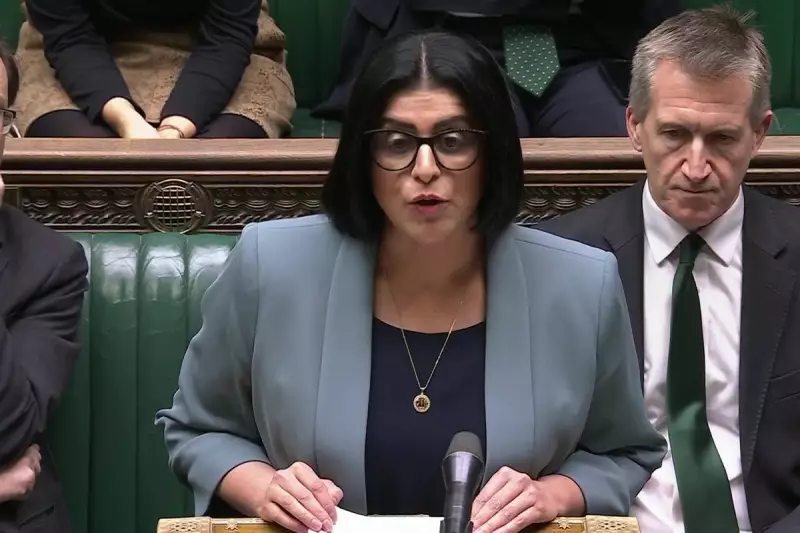
Sir Keir Starmer's government is confronting significant internal dissent as Labour backbenchers launch a furious backlash against what they describe as 'repugnant' and 'performatively cruel' asylum reforms unveiled by Home Secretary Shabana Mahmood.
Controversial Measures Spark Outrage
The sweeping proposals, presented on Monday 17 November 2025, represent a dramatic hardening of Britain's approach to asylum seekers. Mahmood defended the measures as necessary to fix a 'broken' system unable to cope with a 'more volatile and insecure' world, but the announcement immediately triggered condemnation from within her own party.
Labour MP Stella Creasy branded the changes 'performatively cruel', insisting there was a better way forward rooted in Labour values that maintained border control. Sarah Owen, chair of the women and equalities committee, similarly described the policies as 'repugnant'.
Key Reforms Drawing Criticism
The controversial package includes several measures that have alarmed refugee advocates and Labour's left wing:
- Reducing refugees' initial stay from five years to just 30 months
- Requiring 20 years residence before applying for settled status
- Eliminating automatic rights to family reunion
- Exploring overseas 'return hubs' for failed asylum seekers
- Subjecting families with children to enforced returns
- Implementing community capacity-based caps on safe routes
Tony Vaughan, the Folkestone and Hythe MP and former immigration lawyer, warned that ministers' rhetoric 'encourages the same culture of divisiveness that sees racism and abuse growing in our communities'. He expressed particular concern that plans to review refugee status every few years would drain resources from making the system functional.
Political Fallout and External Reactions
The division within Labour provided an opening for Conservative leader Kemi Badenoch, who made 'a genuine offer' to help pass the controversial measures through parliament. However, she questioned Starmer's control over his party, referencing previous rebellions and U-turns.
Adding to the government's discomfort, the reforms received endorsement from far-right activist Tommy Robinson, while being compared to policies advocated by Nigel Farage's Reform party. Nottingham East MP Nadia Whittome called the measures 'dystopian' and questioned how the home secretary could propose policies cheered on by such figures.
Mahmood rejected comparisons to the Conservatives' Rwanda scheme, insisting her plans differed from 'the failed Rwanda system'. During her statement, she apologised for quoting racist language used against her but maintained that restoring order and control was essential to prevent those seeking to divide society from growing stronger.
The internal rebellion compounds pressure on Starmer as he prepares for next week's crucial Budget, with speculation mounting about potential leadership challengers including health secretary Wes Streeting and energy secretary Ed Miliband.





